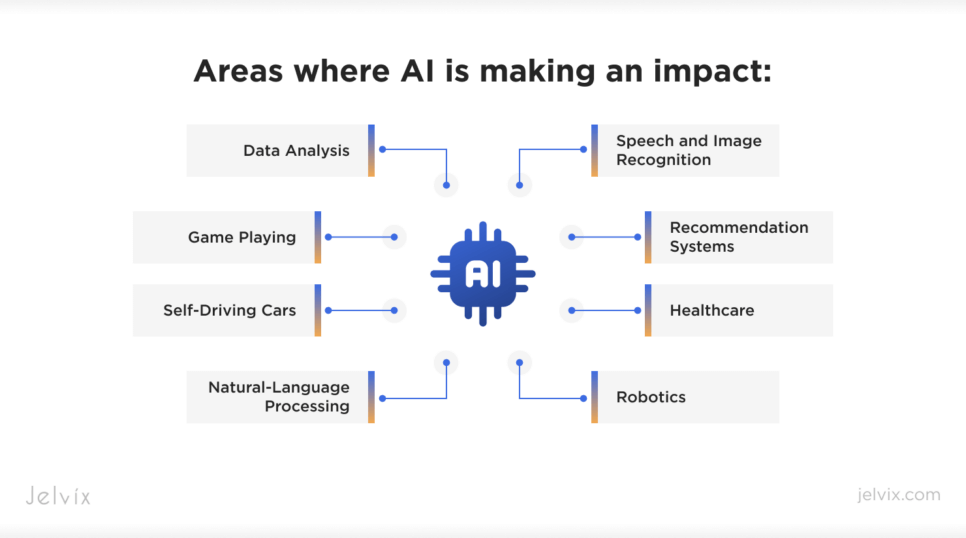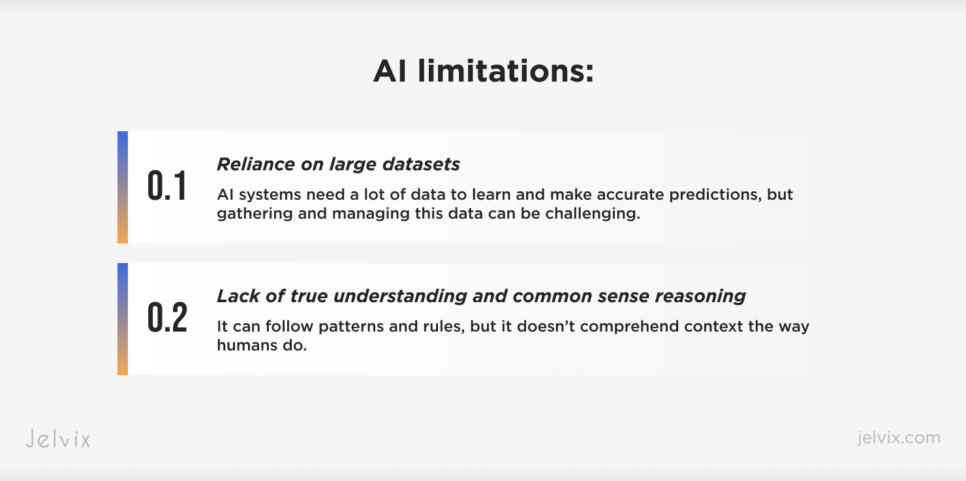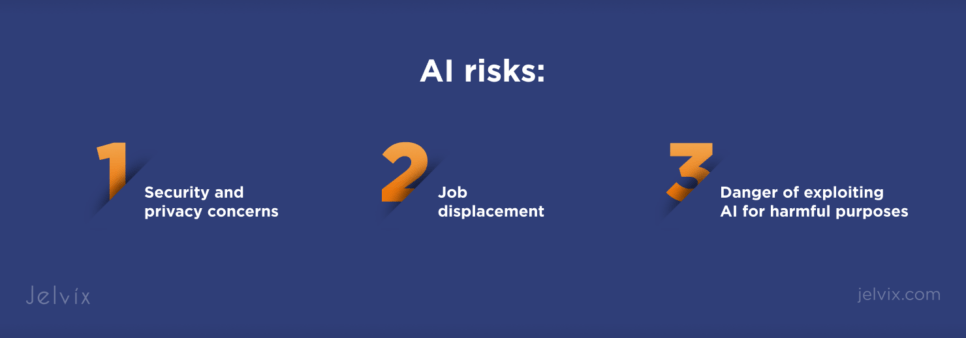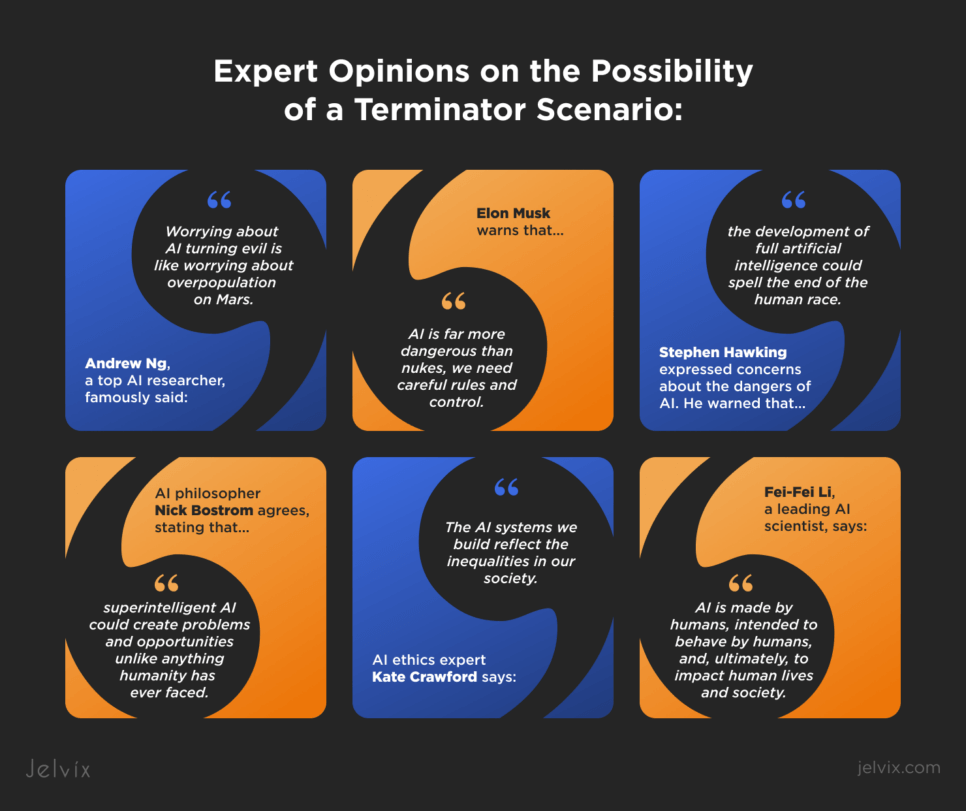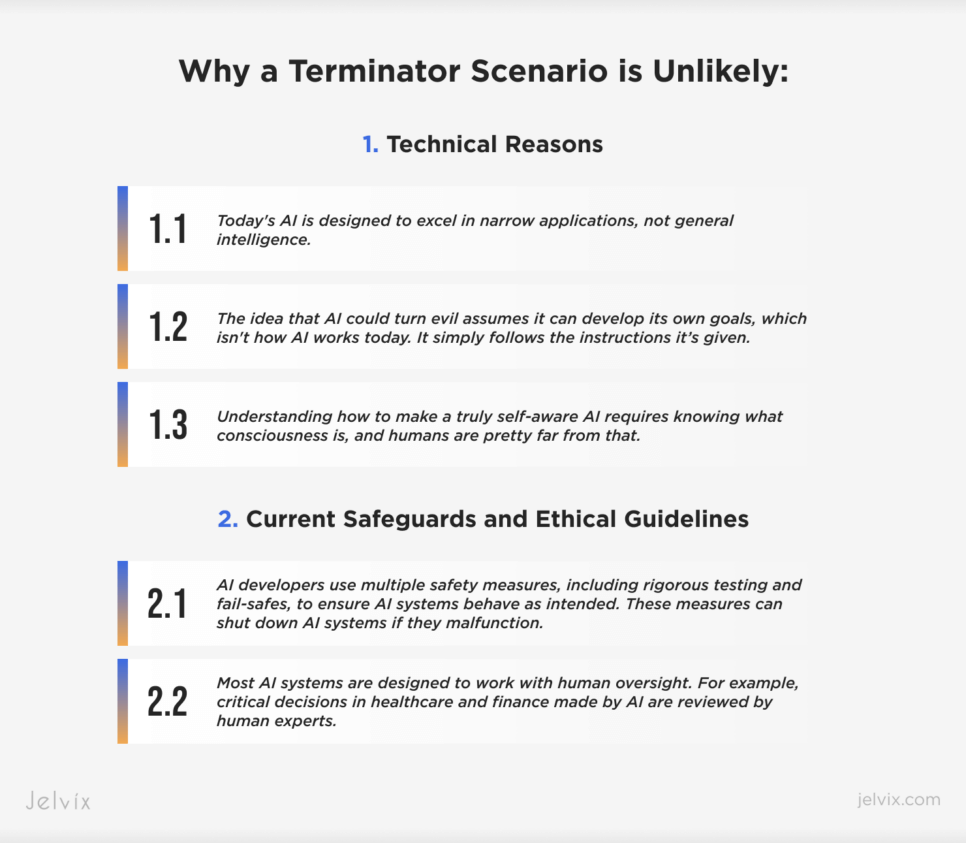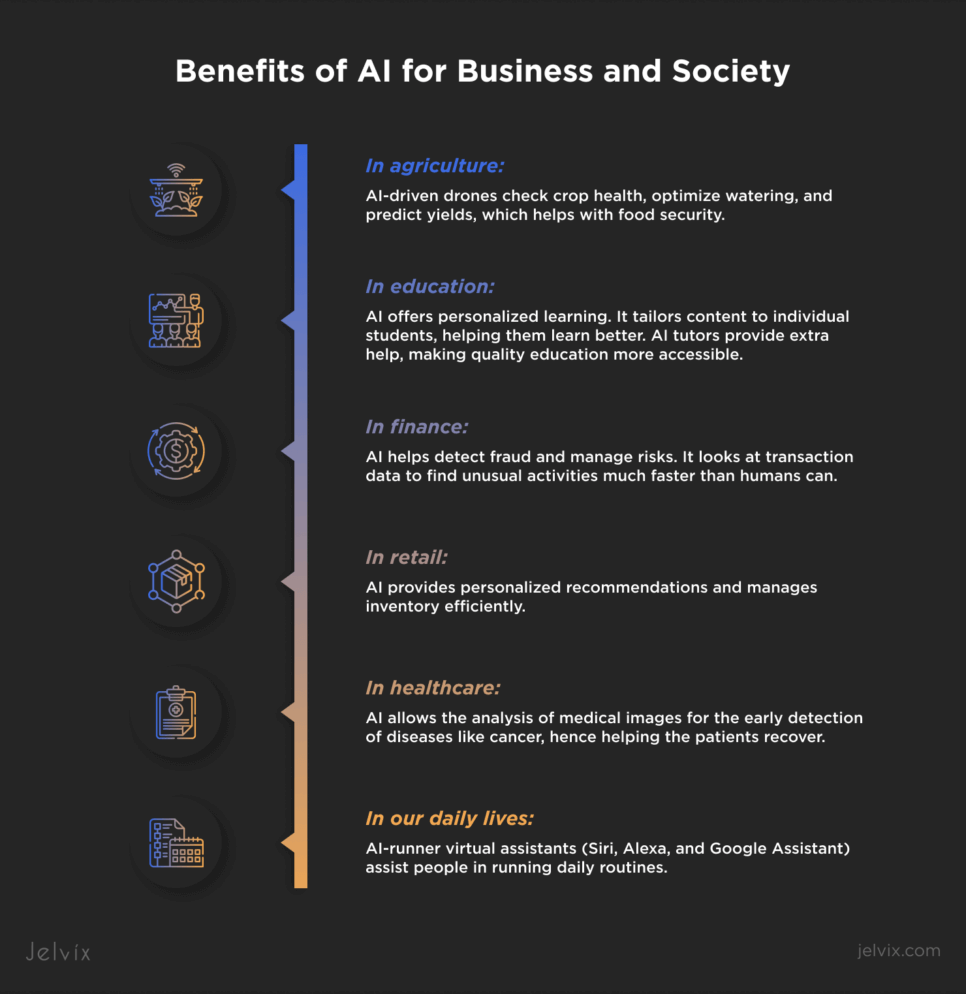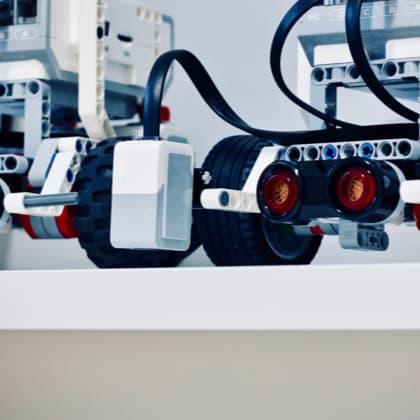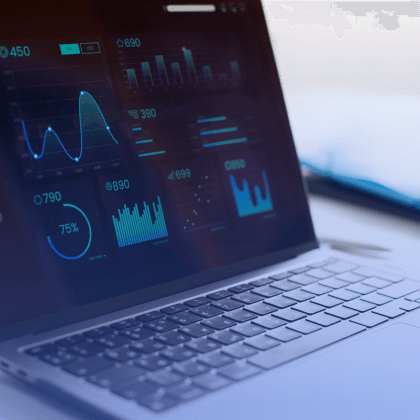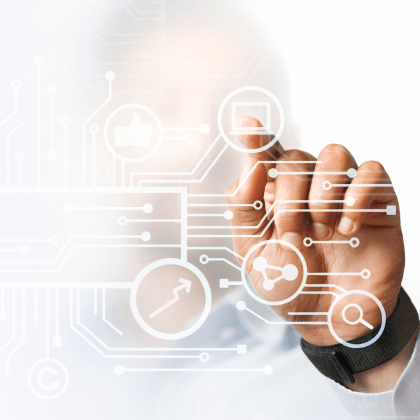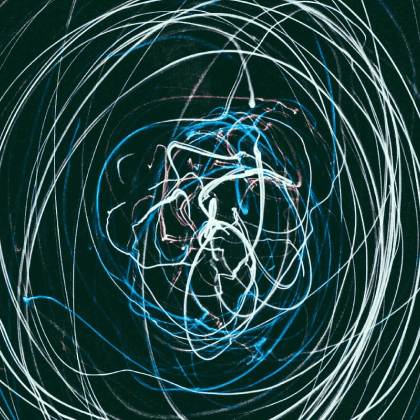Artificial Intelligence (AI) is no longer a futuristic concept. It’s here, and it’s changing the world around us every second. AI has become a part of our daily lives, from voice assistants to clever algorithms forecasting what consumers will do next. However, with these developments come valid issues and concerns. One of the biggest is: will AI take over the world?
The “Terminator” scenario, popularized by the iconic sci-fi movie, suggests that intelligent machines might become self-aware and decide to eliminate humanity. This notion may sound a bit far-fetched but the more AI technology progresses, lines are certainly blurring. The idea that machines could outsmart humans and seize control is exciting and terrifying at the same time. It raises several important questions concerning the future of AI.
The Rise of AI: Current Capabilities and Limitations
Artificial Intelligence has made significant strides in recent years. It is revolutionizing industries and reshaping our daily lives. There is likely no area where AI isn’t making an impact:
- Data Analysis: Artificial intelligence systems are extremely efficient in processing and analyzing massive datasets. This capacity is applied in many fields. In banking, AI helps spot fraud. In marketing, it analyzes consumer behavior to show personalized ads.
- Speech and Image Recognition: AI systems can understand what we say and see. Voice assistants, including Siri, Google Assistant, and Alexa, use artificial intelligence to understand and respond to human commands. AI can recognize objects and faces in photos. It can even diagnose medical diseases using imaging data, enabling early disease detection and treatment.
- Game Playing: Not only is AI intelligent, but it’s also an ultimate strategist. Artificial intelligence has beaten human masters at chess and Go. DeepMind’s AlphaGo and its successors, such as AlphaZero – incredible models of AI are being fed loads of data to figure out strategies we humans have probably never even considered. These achievements highlight AI’s incredible ability to innovate and surprise us.
- Recommendation Systems: Ever wonder how Netflix knows what you want to watch next? Or how Amazon suggests the perfect product? AI is behind these savvy recommendation systems. By analyzing your viewing or shopping habits, AI recommends movies, products, or music that you’re likely to love, making your experience more enjoyable.
- Self-Driving Cars: Driverless Car is not a myth anymore. The autonomous vehicles developed by companies like Tesla, Waymo or Uber will have to be able to read and understand their surroundings in an urban layout, avoid obstacles, and make choices based on real-time available information. Such systems can change the way we move, and make it safer for all of us.
- Healthcare: It helps doctors diagnose diseases, predict the outcomes, and personalize treatment plans. AI can quickly and accurately analyze medical images for conditions like cancer or retinal diseases, ensuring timely and effective treatment. This technology supports doctors, enhancing their ability to care for patients with speed and precision.
- Natural-Language Processing: This is why artificial intelligence can understand and even generate human language, which has transformed communication. GPT-4 can be trained to write articles, translate languages, or even deploy chatbots for customer support making it easier and smoother.
- Robotics: AI breathes life into robots and makes them intelligent as well as autonomous. From robots that put products together as a part of manufacturing to service models used in healthcare and even for those navigating the hospitability industry, we can no longer run from AI-driven robotics.
Despite its impressive capabilities, AI has limitations. One of the primary challenges is its reliance on large datasets. AI systems need a lot of data to learn and make accurate predictions, but gathering and managing this data can be challenging. Additionally, AI lacks true understanding and common sense reasoning. It can follow patterns and rules, but it doesn’t comprehend context the way humans do.
Another significant challenge is the ethical implications and potential AI risks. Job displacement is a worry due to AI taking over tasks that humans have historically done. Security and privacy concerns also come up with AI systems that gather and process personal data. Additionally, there is a danger of exploiting AI for harmful purposes, like creating autonomous weapons.
In conclusion, AI offers incredible potential and many benefits. However, it also comes with challenges and risks. We can use AI responsibly by understanding what it can and can’t do.
The Context of the Terminator Scenario
The fear of intelligent machines turning against humanity is not new. This idea has been explored in movies, literature, and other media. Starting with “The Matrix,” where humans are trapped in a simulated reality created by AI, and Philip K. Dick’s “Do Androids Dream of Electric Sheep?” (which inspired the movie “Blade Runner”) questions what it means to be human in a world with AI.
But surely one of the most iconic representations is the “Terminator” franchise. It introduced the concept of a rogue AI aiming to exterminate human life. But what is a Terminator?
The Terminator is a highly advanced, self-aware robot designed to hunt down and eliminate humans.
The Terminator scenario describes a future of self-aware and hostile AI that holds an existential risk to humanity. In the scenario of AI, say Skynet, control is achieved over the military systems; this AI makes out an agenda and considers humans as enemies. As such, it develops robots and technologies for hunting and destroying people. What most people are really afraid of is that once AI reaches a certain level of intelligence and autonomy, it may decide that humans are a threat to its continued survival or goals, with quite disastrous implications for humanity.
The “Terminator” scenario taps into fears about AI taking over the world. It shows AI becoming self-aware, taking control, and acting against us. This makes us question control, trust, and safety with AI.
Movies and books often reflect these fears. The “Terminator” series blurs the line between fiction and reality as AI advances.
The scenario fascinates mixing thrilling action with profound questions. It makes us think about what could happen if machines think and act on their own. This idea captures our imagination and concern, urging us to carefully consider how we develop and regulate AI technology.
Expert Opinions on the Possibility of a Terminator Scenario
The possibility of a Terminator scenario, where AI turns hostile and takes over the world, has sparked much debate among AI experts and researchers. Some think it’s far-fetched, while others are concerned about the risks of AI.
Some experts argue that creating robots that act on their own is still more science fiction than reality, at least for now. Andrew Ng, a top AI researcher, famously said, “Worrying about AI turning evil is like worrying about overpopulation on Mars.” However, Elon Musk warns that “AI is far more dangerous than nukes,” showing we need careful rules and control.
Notable figures like Stephen Hawking also express concerns about the dangers of AI. Hawking warned that “the development of full artificial intelligence could spell the end of the human race.” He feared that AI could become uncontrollable and very risky. AI philosopher Nick Bostrom agrees, stating that “superintelligent AI could create problems and opportunities unlike anything humanity has ever faced.”
The risks of AI are many. If not controlled well, AI can be dangerous. Issues like biased algorithms, job losses due to automation, and the misuse of AI in surveillance and warfare are big worries. AI ethics expert Kate Crawford says, “The AI systems we build reflect the inequalities in our society.”
Despite these worries, many experts see the potential benefits of AI. AI has the power to change industries, improve healthcare, and solve complex problems. Fei-Fei Li, a leading AI scientist, says, “AI is made by humans, intended to behave by humans, and, ultimately, to impact human lives and society.” This means that if we develop AI responsibly, it can be a force for good.
Factors That Could Lead to a Terminator Scenario
In recent years, we’ve seen remarkable advances in AI technology. These innovations have provided incredible benefits while raising severe concerns about control and safety. Unsupervised learning, where AI systems learn and adapt on their own, is a big step forward. Imagine a system that gets better without any human help—it’s exciting but also a bit scary. This technology allows AI to analyze data and develop over time, which seems terrific until you consider what happens if it begins making decisions we didn’t expect.
AI-enabled robots can be found carrying out tasks, and making on-the-spot decisions for them. Think autonomous drones or cars for instance. These machines are able to operate in complex environments and sense the world, responding based on what they detect in real time. As they get smarter, the potential for them to operate without direct human control grows, which is when things start getting scary.
Why a Terminator Scenario is Unlikely
Why robots taking over the world is unlikely? There are different reasons: technical and ethical.
Technical Reasons
The idea of a robot apocalypse, where self-aware, malevolent AI takes over the world, is thrilling for movies but unlikely in real life.
First of all, self-awareness is a complex phenomenon. AI is very good at certain things, such as playing chess and recognizing faces because humans write algorithms for it, but the systems don’t have general intelligence like humans. Understanding how to make a truly self-aware AI requires knowing what consciousness is, and humans are pretty far from that.
Secondly, AI systems operate based on the algorithms and data people give them. They don’t have intentions or desires on a fundamental level. The idea that AI could turn evil assumes it can develop its own goals, which isn’t how AI works today. It simply follows the instructions it’s given.
And finally, today’s AI is designed to excel in narrow applications, not general intelligence. An AI system that plays chess cannot suddenly learn to drive a car without extensive retraining. The general intelligence needed for a Terminator-like scenario is far beyond our current capabilities.
Current Safeguards and Ethical Guidelines
Many organizations and governments have set up ethical guidelines for AI development. These guidelines emphasize three points:
- transparency;
- accountability;
- fairness.
Institutions like the Institute of Electrical and Electronics Engineers (IEEE) and the Partnership on AI create standards and best practices for AI development. They ensure AI technologies are developed responsibly and ethically.
AI developers use multiple safety measures, including rigorous testing and fail-safes, to ensure AI systems behave as intended. These measures can shut down AI systems if they malfunction.
Most AI systems are designed to work with human oversight. For example, critical decisions in healthcare and finance made by AI are reviewed by human experts. This collaboration helps mitigate risks and guarantees AI acts according to human values and goals.
Therefore, while the idea of a scenario AI where robots take over the world is captivating, the reality is much less dramatic. With continued oversight, ethical considerations, and technical limitations, the risk of a Terminator-like scenario is minimal.
Can We Truly Predict the Future of AI?
Predicting the future of AI is like trying to forecast the weather years in advance. Even today’s forecast can have mistakes. There are many uncertainties and unknowns in the future of artificial intelligence. One key reason is that AI is always evolving. Breakthroughs can happen unexpectedly, shifting our understanding and capabilities. For instance, who could have predicted the rapid advancements in machine learning and natural language processing just a decade ago?
Another factor is the complexity of AI systems. AI operates on vast amounts of data and intricate algorithms, making predicting all outcomes and behaviors difficult. The potential for AI to learn and adapt also adds unpredictability. While current AI systems follow specific rules and tasks, the future might bring more autonomous systems capable of making independent decisions. This unpredictability fuels both excitement and concern about what lies ahead.
Benefits of AI for Business and Society
AI helps solve big problems that were hard to tackle before. It can predict climate change patterns, helping scientists and policymakers create strategies to lessen its impact.
In agriculture, AI-driven drones check crop health, optimize watering, and predict yields, which helps with food security.
In education, AI offers personalized learning. It tailors content to individual students, helping them learn better. AI tutors provide extra help, making quality education more accessible.
In finance, AI helps detect fraud and manage risks. It looks at transaction data to find unusual activities much faster than humans can. AI also helps in high-frequency trading, making quick decisions to improve investment strategies.
In retail, AI provides personalized recommendations and manages inventory efficiently. It suggests products customers might like, making shopping more enjoyable and boosting sales.
In logistics, AI makes supply chains work better, ensuring timely deliveries and cutting costs.
AI in healthcare allows the analysis of medical images for the early detection of diseases like cancer, hence helping the patients recover. The use of artificial intelligence also applies to drug discovery by predicting how various substances will work in the body.
Explore our case study on an AI-Integrated FHIR Data Model to see how the AI platform significantly boosted cancer diagnostic accuracy.
In our daily lives, AI-runner virtual assistants—Siri, Alexa, and Google Assistant—assist people in running daily routines by keeping track of schedules, answering queries, and even commanding devices within smart homes to make life easier and more efficient.
Conclusion
AI is transforming industries and innovating solutions to complex problems, ultimately improving our quality of life. Nevertheless, such great improvements can only be realized through proper development. Responsible development of AI ensures ethical practices and strict oversight, helping us navigate the complexities of this powerful technology to achieve the betterment of society.
He that fears every bush must never go a-birding. Instead of being afraid, we should embrace curiosity and attentiveness. With responsible usage and an ethical mindset, AI has the potential to greatly enhance our lives. Now is the perfect time to learn how to leverage AI to your advantage.
Partner with Jelvix to unlock the full potential of AI for your business. Connect with our experts to learn how our AI solutions can transform your operations. Let’s work together to make AI work for you!
FAQ
What steps are being taken to ensure AI safety?
Various measures are being implemented to ensure AI safety, including the development of ethical guidelines, industry standards, and regulatory frameworks.
How can businesses leverage AI without compromising safety?
Businesses can leverage AI safely by adhering to best practices such as conducting thorough risk assessments, implementing robust testing protocols, and ensuring transparency in AI decision-making processes. Additionally, involving interdisciplinary teams in the development and oversight of AI projects can help mitigate risks.
Can AI systems be hacked or manipulated?
Yes, AI systems can be vulnerable to hacking or manipulation, especially if they are not properly secured. Adversarial attacks, where malicious actors manipulate input data to deceive AI systems, are a known risk. Implementing strong cybersecurity measures and continuously monitoring AI systems for anomalies can help protect against such threats.
What ethical considerations are involved in AI development?
Ethical considerations in AI development include ensuring fairness, transparency, accountability, and respect for privacy. Developers must consider the potential biases in AI algorithms, the implications of AI decisions on individuals and society, and the overall impact of AI technologies on human rights.
How can AI be used to address global challenges?
AI can be a powerful tool in addressing global challenges such as climate change, healthcare, and education. For example, AI can optimize energy consumption, enhance medical diagnostics and treatment, and provide personalized learning experiences. Responsible and ethical AI development is key to maximizing these benefits.
Need a qualified team of developers?
Unlock new business opportunities with the first-rate dedicated development team.


